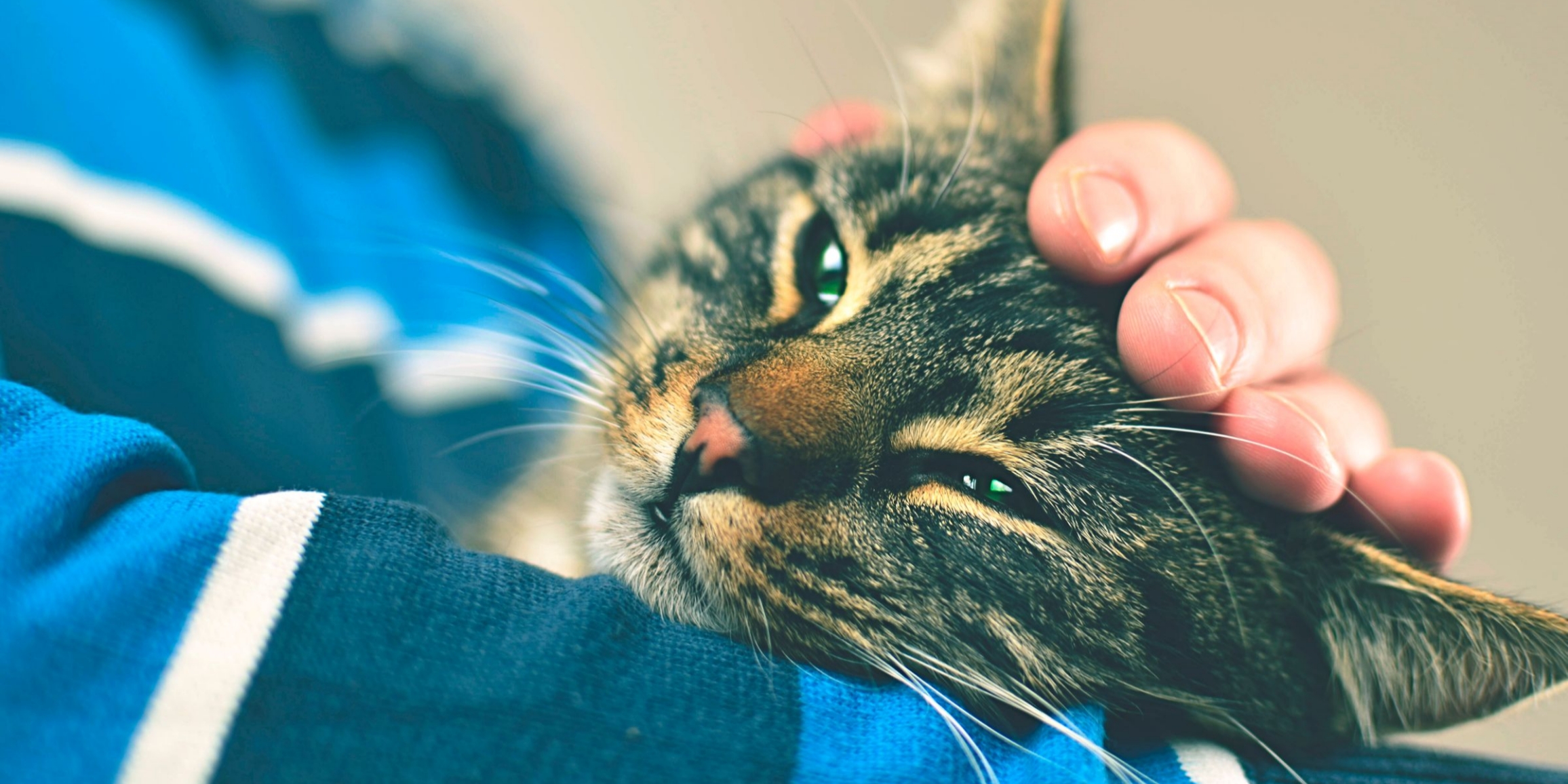Could Your Pet Be in Pain? Know These Early Warning Signs
Published September 7, 2021


Content Reviewed by an Essentials PetCare Veterinarian
As pet parents, we need to learn how to speak our pets’ language. Since cats and dogs often mask pain symptoms, many pets unfortunately do not show obvious signs that they are aren’t feeling well until they are seriously suffering.
As a clinic designed to prevent and treat minor illnesses before they lead to serious disease, we know early detection is key to prevent our furry friends from suffering. Here are early warning signs that pets may not be feeling their best – some of which you may not expect.
Physical Symptoms
- Pet in pain may display changes in posture, such as hunching, arching their backs, or holding their heads below their shoulders.
- Coat changes, such as a dirty or oily appearance, can indicate that your pet has neck or back pain that is hindering them from grooming.
- Similarly, back and joint pain may make it difficult and uncomfortable for pets to go to the bathroom, which can lead to more accidents in the house, constipation, and specifically in cats, urinating or defecating outside the confines of their litter boxes. Take note of any changes in your pet’s waste and how frequently they need to go, as these changes can indicate various illnesses.
- Another sign that your pet is not feeling well is loss of appetite and thirst, as well as weight loss.
- Pets in pain may tremble or have tense or shaky muscles.
- A pet that repeatedly shakes its head may be suffering from a myriad of issues. A veterinarian can give a proper diagnosis.
- Rapid, shallow breathing and increased panting are also signs that your pet is in pain. Note: Cats only experience open-mouthed panting when they are severely stressed, extremely over-heated, or seriously ill. If your cat is panting, please contact a local full-service veterinary hospital or animal emergency hospital immediately.
Behavioral Symptoms
- Has your pet become more vocal? Increased barking, whining, howling, growling, and yowling, especially when paired with any other symptoms listed on this page, could mean your pet isn’t feeling right.
- Excessive licking, or pawing, especially in a particular area, may indicate discomfort.
- Lack of energy and loss of interest in walks and play, as well as reduced mobility, reluctance to move, go up or down stairs, or get up or lie down may mean that your pet doesn’t feel well or is experiencing joint pain.
- Conversely, some pets become restless and anxious when in pain.
- If a pet snaps at you or moves away when you touch them, it could mean they are in pain, as pets may become aggressive or avoidant to protect themselves when they feel vulnerable.
- Take note if your pet becomes less social, hides frequently, and avoids interaction. If you pet no longer greets you when you come home like they used to, it may be a concern.
- Some pets may seek increased affection and constant comfort from you when they do not feel well.
- Look out for squinting or changes in your pet’s expression. Cats may also flick their tails. Be attentive to any change in your pet’s behavior. Bring up all concerns to your veterinarian as soon as possible.
Essential Tip: If you notice changes in your pet’s behavior or appearance, we’re here to help. Our clinic offers affordable minor illness packages that include a veterinary exam, diagnostics, treatment recommendations, and portable prescriptions, if necessary, tailored to your pet’s discomfort.
If your pet has symptoms that don’t fit our minor illness packages, contact us. Our team can determine if your pet should come in for a general exam. We also offer affordable lab testing to help you save, if more extensive care is needed at a full-service veterinary hospital.



